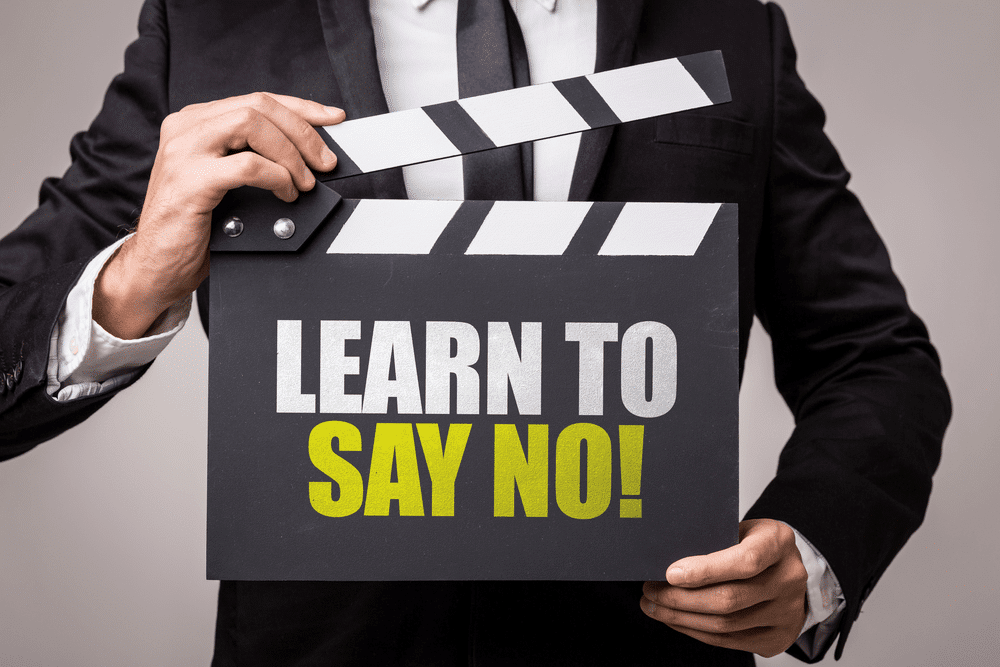
Not always the simplest course of action is to say no. We are (often) expected to put our own needs aside in order to aid others, sometimes even at the sacrifice of our own wellbeing.
They are requesting something from you. And you believe that people will despise you if you say no. So, despite your desire not to, you find yourself inclined to say yes. Aware of it? Everybody has.
Many of us find it difficult to say no. However, if you choose to accept, you’ll feel disappointed in yourself. Although you might have simply answered “no,” you’ll likely feel resentful and furious with them instead.
According to study, this not only perpetuates a loop of depressing emotions, but it also seriously harms your relationships. Yes, there is such a thing as being “too polite.”
When the work seems doable, when it is under your purview to complete it, or even when you owe a favor to a buddy, you should respond “yes.” But if you find yourself always saying “yes” out of a fear of saying “no,” it’s time to take control of your life without feeling bad about it.
Why Is It So Hard to Say No?
Our bodies and minds are quite good at protecting us, you see. No is difficult to hear and challenging to utter.
In the field of psychology, this type of thinking is known as negative bias. This explains why humiliating incidents, unpleasant encounters, or cruel remarks are magnified and last for such a long time.
As a result, we anticipate hurting people when we have to say no to them. And since most of us desire to be popular with our colleagues, we experience a queasy unease that leads us to say yes rather than say no.
Oh, and shame.
The uncomfortable unsettling sensation frequently comes with guilt.








